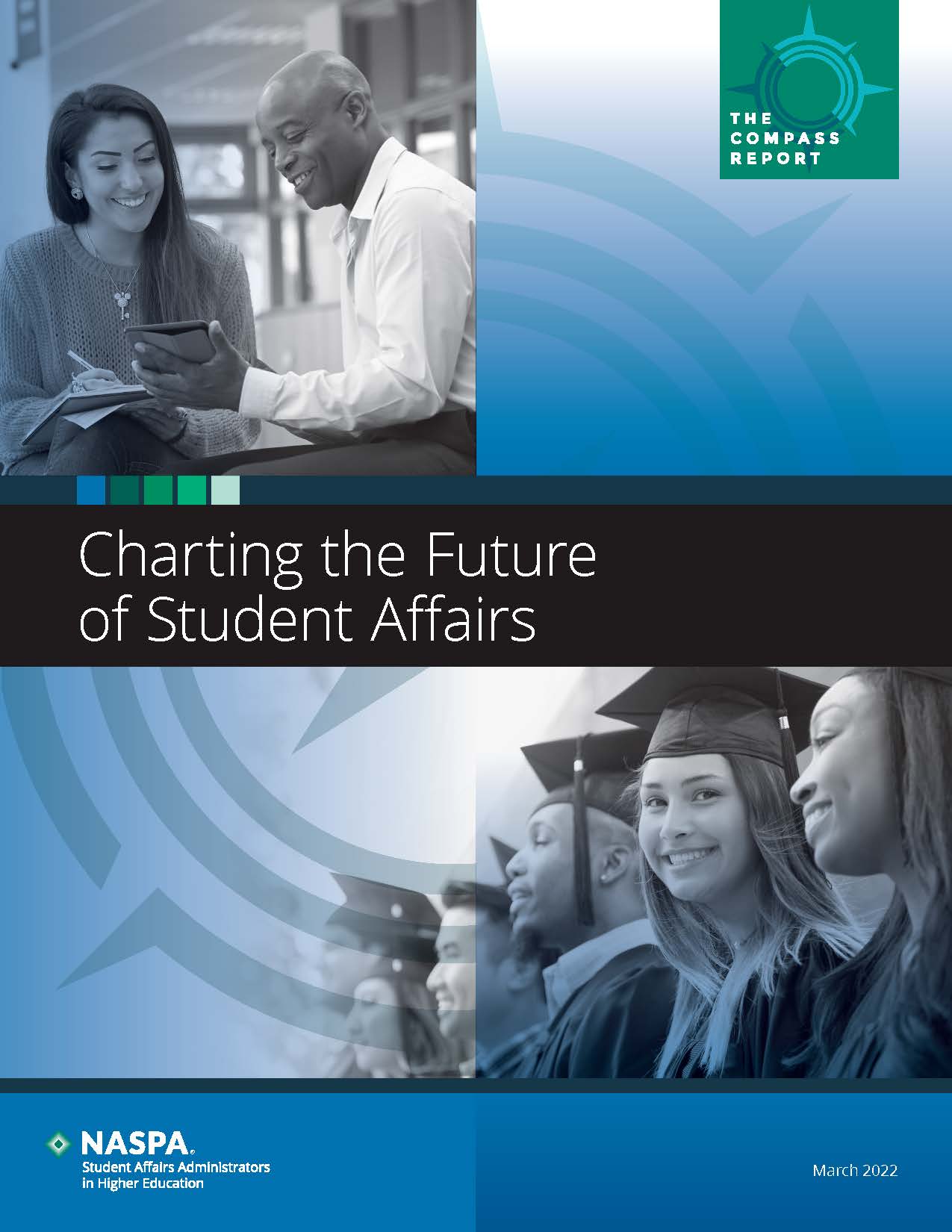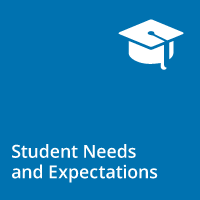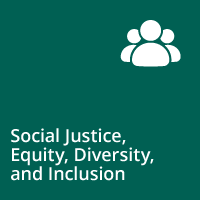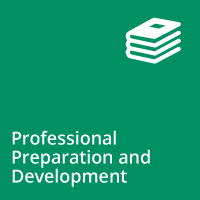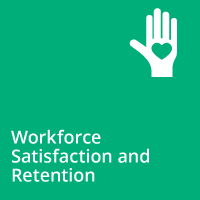Although demographic challenges were already leading to declining enrollment prior to 2020, the COVID-19 pandemic amplified this long-term challenge. These concerns, coupled with the need to better demonstrate the value of higher education and provide tailored supports, require the student affairs profession to respond accordingly. The large-scale shift to remote learning and flexible student supports across multiple modalities has also demonstrated the potential of technology to deliver programs in inclusive ways. However, student affairs professionals require training and the elevation of student perspectives to use all available tools effectively.
The Compass Report: Charting the Future of Student Affairs
The student affairs profession has evolved over the last half century in response to the ever-changing landscape of higher education. The student affairs profession has evolved over the last half century in response to the ever-changing landscape of higher education. Now is the time to review current practices and craft an appropriate vision for the near- and long-term future.
In 2020 NASPA initiated a yearlong project to identify issues and trends that could influence student affairs professionals and respective functions in the years ahead. The project was guided by a national task force of leaders in student affairs and NASPA staff, who regularly convened to discuss emerging topics. The task force conducted 18 focus groups with a total of 97 student affairs faculty, graduate students, and administrators across all position levels, as well as a national survey of professionals who hold student affairs positions at colleges and universities of all sectors and sizes within the United States.
The Compass Report - Four Critical Areas
Findings from the Future of Student Affairs Task Force’s discussions and extensive data collection efforts revealed four areas as most critical to the future of student affairs within the next 5 years.
Data Highlights
Task Force Members
| Angela | Batista | Vice President for Student Affairs and Institutional Diversity and Inclusion (former) | Champlain College |
| Claire | Brady | Vice Chancellor of Student Affairs | Ana G. Mendez University System USA |
| Danielle | DeSawal | Clinical Professor and HESA Master's Coordinator | Indiana University |
| Jon | Dooley | Vice President for Student Life | Elon University |
| Ann | Gansemer-Topf | Associate Professor | Iowa State University |
| Anna | Gonzalez | Vice Chancellor for Student Affairs | Washington University in St. Louis |
| Erin | Grisham | Vice President of Student Affairs (former) | Northern Arizona University |
| Robin | Holmes-Sullivan | Vice President for Student Affairs and Dean of Students | Lewis & Clark College |
| Vernon | Hurte | Vice President of Student Affairs | Towson University |
| Lamar | Hylton | Vice President for Student Affairs | Kent State University |
| Matthew | Jeffries | Director, Gender Identity/Expression and Sexual Orientation Resource Center | Washington State University |
| Charles | Nies | Vice Chancellor, Student Affairs | UC Merced |
| Tonantzin | Oseguera | Vice President for Student Affairs | CSU - Fullerton |
| Smita | Ruzicka | Vice President of Student Affairs | Middlebury College |
| Lou | Stark | Vice President for Student Affairs | Case Western Reserve University |
| Byron | Tsabetsaye | Native American Center Director | San Juan College |
| Victor | Wilson | Vice President for Student Affairs | University of Georgia |
| Erica | Yamamura | Associate Professor | Seattle University |
| Kevin | Kruger | President | NASPA |
| Stephanie | Gordon | Vice President for Professional Development | NASPA |
| Amelia | Parnell | Vice President for Research and Policy | NASPA |
| Monica | Nixon | Assistant Vice President for Equity, Inclusion, and Social Justice | NASPA |
| Omari | Burnside | Assistant Vice President for Stategy and Practice | NASPA |
| James | Stascavage | Senior Director of Leadership and Senior Student Affairs Officer Initiatives | NASPA |
| Abby | Vollmer | Director, NASPA Advisory Services | NASPA |
| Alexis | Wesaw | Senior Director of Data Analytics | NASPA |
| Alexa | Wesley Chamberlain | Director for Research and Strategy | NASPA |
| Mary | Fugate | Associate Director, Center for First-generation Student Success | NASPA |
Contact
For inquiries about the work of the NASPA Future of Student Affairs Task Force, please contact:
|
Amelia Parnell Vice President for Research and Policy, NASPA aparnell@naspa.org (202) 719-1191 |
Stephanie Gordon Vice President for Professional Development, NASPA sgordon@naspa.org (202) 719-1166
|
